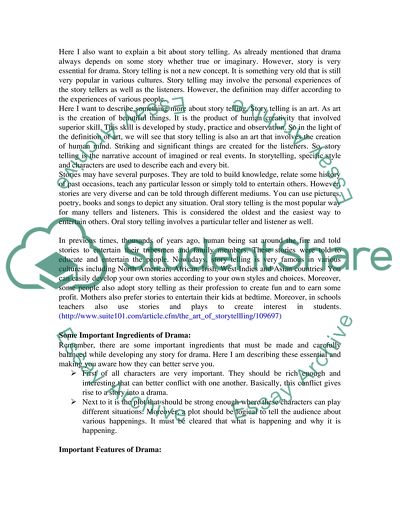Cite this document
(Role Of Dramatic Play In Literacy Book Report/Review, n.d.)
Role Of Dramatic Play In Literacy Book Report/Review. Retrieved from https://studentshare.org/literature/1733160-the-development-of-literacy-skills-through-drama-story-telling-with-sen-students
Role Of Dramatic Play In Literacy Book Report/Review. Retrieved from https://studentshare.org/literature/1733160-the-development-of-literacy-skills-through-drama-story-telling-with-sen-students
(Role Of Dramatic Play In Literacy Book Report/Review)
Role Of Dramatic Play In Literacy Book Report/Review. https://studentshare.org/literature/1733160-the-development-of-literacy-skills-through-drama-story-telling-with-sen-students.
Role Of Dramatic Play In Literacy Book Report/Review. https://studentshare.org/literature/1733160-the-development-of-literacy-skills-through-drama-story-telling-with-sen-students.
“Role Of Dramatic Play In Literacy Book Report/Review”, n.d. https://studentshare.org/literature/1733160-the-development-of-literacy-skills-through-drama-story-telling-with-sen-students.


